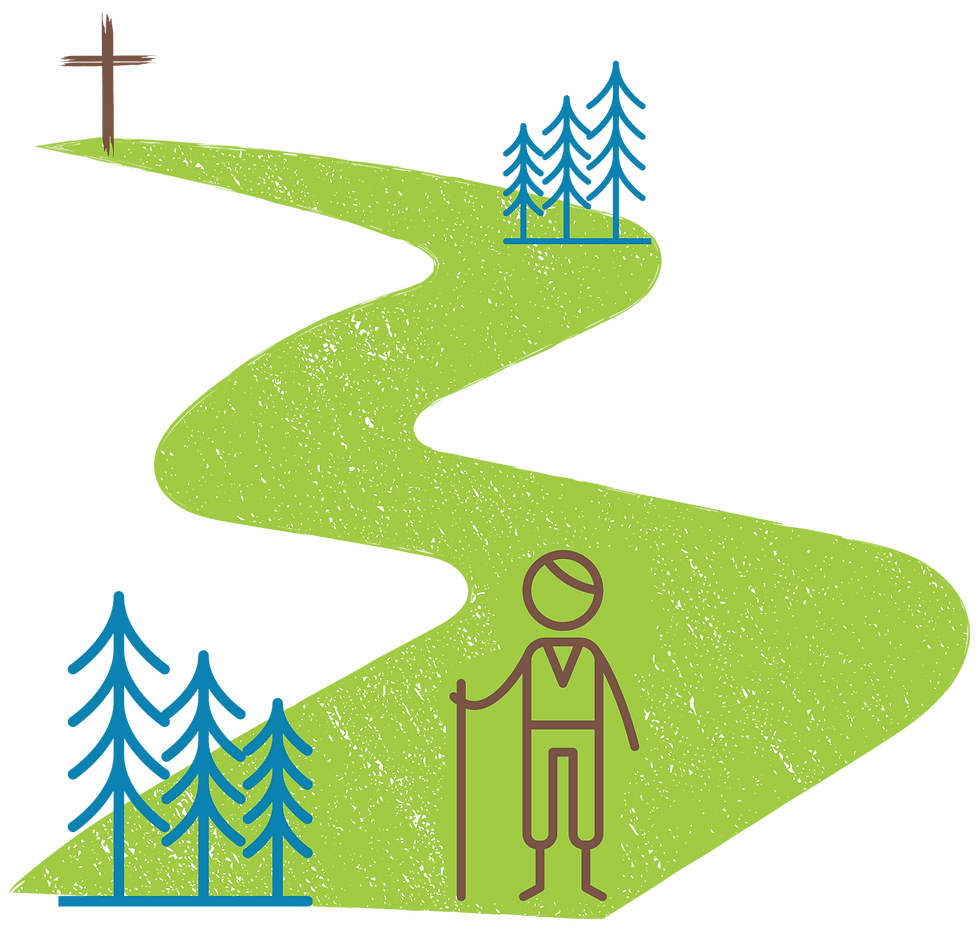Commission
- Mike Bowling

- Nov 14, 2022
- 4 min read
by Mike Bowling

Commissioning is authorization. Authorization is permission by a ruler to exercise authority. Jesus’ mission, the proclamation and embodiment of God’s kingdom present on earth as it is in heaven, has begun. It was time for Jesus’ disciples to grow from mere companions to becoming co-workers. However, such a change required commissioning with authorization to represent the emerging Kingdom. So, what was the essential nature of the Kingdom? Instructions had been previously given concerning key elements, examples and parameters of God’s kingdom (see Matt 4:18-9:38). The first thing we read in Matthew 10 is authorization given to the summoned disciples to represent certain key elements of God’s kingdom: authority to cast out destructive spirits, authority to heal every kind of disease and authority to heal every kind of sickness.
First, a word about “unclean spirits” or the agents of death and destruction; while the kingdom of God is a kingdom of life, the unclean spirits do the actual work for what Walter Wink calls the ‘kingdom of death.’ They consist of a compilation of ideas, desires and practices which are the destructive forces in the world. These destructive forces dominate individuals, families and communities in visible and invisible ways. They leave a trail of misery and hopelessness experienced in every aspect of every culture. Second, disease identifies the ongoing condition, which if not healed, can only be managed, but will inevitably lead to death (the final enemy and the “wage” for sin). Third, sickness identifies the uncomfortable and limiting symptoms which accompany disease. The disciples of Jesus are being commissioned to displace and defeat (remember Mt. 8:28-34) the agents of the kingdom of death. They are authorized to heal every variety of disease, and to bring total relief from every symptom of disease (known to us as sickness). These are the results of the presence of God’s kingdom come on earth as it is in heaven.
Every disciple of Jesus, from those named in this passage to those of us following him today, is a unique person. Disciples have names; they have families and histories. They have struggles and giftedness. It should not be overlooked that “the twelve” are named (vv.2-4). Their collective number most likely is meant to signify the new twelve tribes or a new expression of Israel, but in so doing their particular identities are not lost. This might be an important reminder that the strongest and most close-knit community is one which values and cares for each member.
Much has been and could be said about vv. 5-15; the instructions Jesus gives have been applied many different ways. I offer here an analogy, and encourage you to use the analogy as a lens through which to see and apply Jesus’ instructions for the Church today. When firefighters are sent (commissioned and authorized) to a house fire, they act with extreme and calculated urgency. Their first priority is to preserve life; nothing is more important than getting people and pets out of harm’s way. Next, they prioritize the root or the hotspots of the fire. And of course, they must be constantly aware of containing the potential spread of the fire. If they are late to a fire, they must assess the amount of structural damage which has been done, lest the house collapse on them or others inside or outside. They are not stopping for lunch; they are not looking to salvage valuables and/or furniture; they don’t make plans to stay an extended time. The situation is a crisis; it is life and death; it is “serious business.”
Jesus saw the devastation the kingdom of death had spread in the world. His was an urgent mission to which he had enlisted his disciples. The disciples were to both announce and manifest the kingdom of life. Every distraction to addressing the crisis must be avoided. Once the Kingdom was announced and clarified in the words and works of Jesus, the way of the Kingdom would be activated and affirmed in Jesus’ death, burial, resurrection and ascension. Then, there would be time to form communities, adopt formative (not empty) rituals and create supportive (not smothering) institutions of the spirit of Jesus. But for the twelve, the house was on fire!
In the spirit of Englewood’s practice of overworking every analogy or metaphor, I extend my previous analogy a little further. Firefighting is perilous work. We know too many stories of stories of firefighters’ heroism which ended in injury or death. And firefighters are not exempt from criticism or even civil and criminal prosecution. Jesus made clear to his fellow “firefighters” their work would be dangerous, would experience significant opposition from neighbors and family, and no doubt face governmental prosecution (vv. 16-23).

I don’t know what to make of this text. We live post death, burial, resurrection and ascension of Jesus, but while the unclean spirits have been defeated, they are not displaced. The kingdom of death continues to wreak havoc in the world, but God’s kingdom has come and continues to come. How urgent is the Mission? Is the house on fire? You/we must decide!





Comments